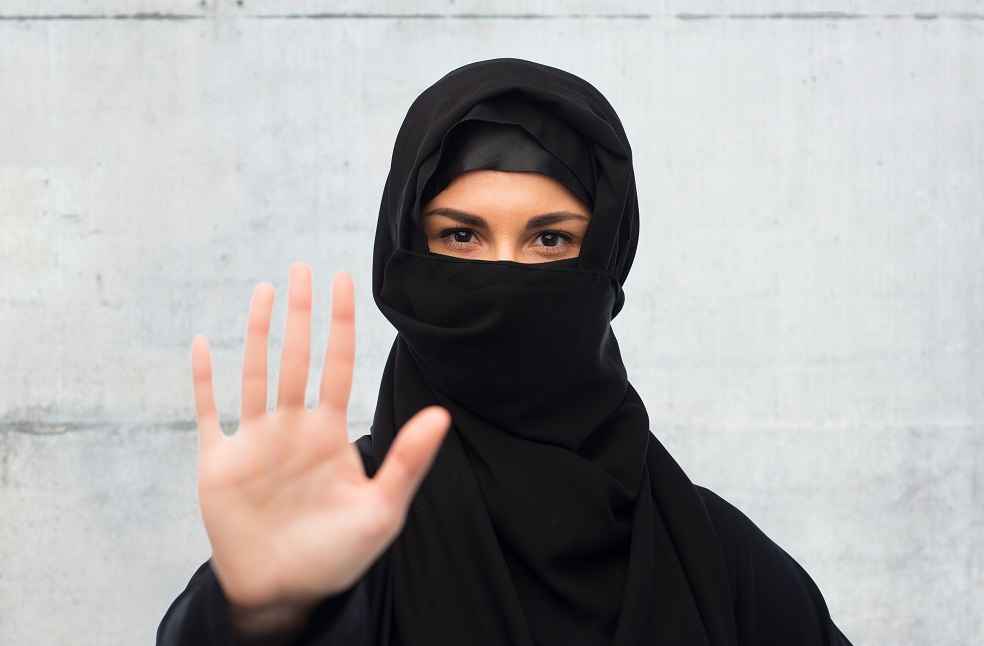Islamabad: The Taliban government in Afghanistan has introduced strict new laws that impose further restrictions on women’s public appearances and behavior. These measures, recently approved by the supreme leader, Hibatullah Akhundzada, reflect the Taliban’s ongoing efforts to enforce their interpretation of Islamic principles and morality.
The newly implemented laws, announced on Wednesday, were developed by the Ministry for the Propagation of Virtue and the Prevention of Vice, a body established shortly after the Taliban’s return to power in 2021. The ministry released a comprehensive 114-page document containing 35 articles that outline these regulations, covering various aspects of daily life, including public conduct, transportation, music, and celebrations.
Among the most controversial of these regulations is Article 13, which mandates that women must cover their entire bodies in public, including their faces, which the Taliban authorities claim is essential to prevent temptation. According to the law, women’s clothing must not be thin, tight, or short, and Muslim women are required to cover themselves in the presence of non-Muslim males and females.
The article also declares that a woman’s voice is considered intimate, thus prohibiting women from singing, reciting poetry, or reading aloud in public. Furthermore, the law forbids women from looking at men to whom they are not related by blood or marriage, and imposes the same restriction on men.

The laws extend beyond women’s conduct, with Article 17 banning the publication of images of living beings, a move that could further jeopardize the already fragile Afghan media landscape. Article 19 prohibits the playing of music, the transportation of solo female travelers, and the mixing of men and women who are not related. Additionally, it requires both passengers and drivers to observe prayer times during travel.
These measures have drawn international concern, particularly from the United Nations. Last month, a UN report highlighted the Ministry’s role in fostering a climate of fear and intimidation across Afghanistan, exacerbated by its increasing involvement in media monitoring and efforts to combat drug addiction.
Fiona Frazer, head of the human rights service at the UN mission in Afghanistan, expressed grave concern over the implications of these laws. “Given the multiple issues outlined in the report, the position expressed by the de facto authorities that this oversight will be increasing and expanding gives cause for significant concern for all Afghans, especially women and girls,” Frazer stated.
The Taliban has faced widespread criticism for its harsh policies towards women since it seized power, and these latest decrees underscore the group’s commitment to enforcing its rigid interpretation of Islamic law, despite international condemnation.
UK NEWS | 75% of Britons worried about Far-right extremism after Riots



